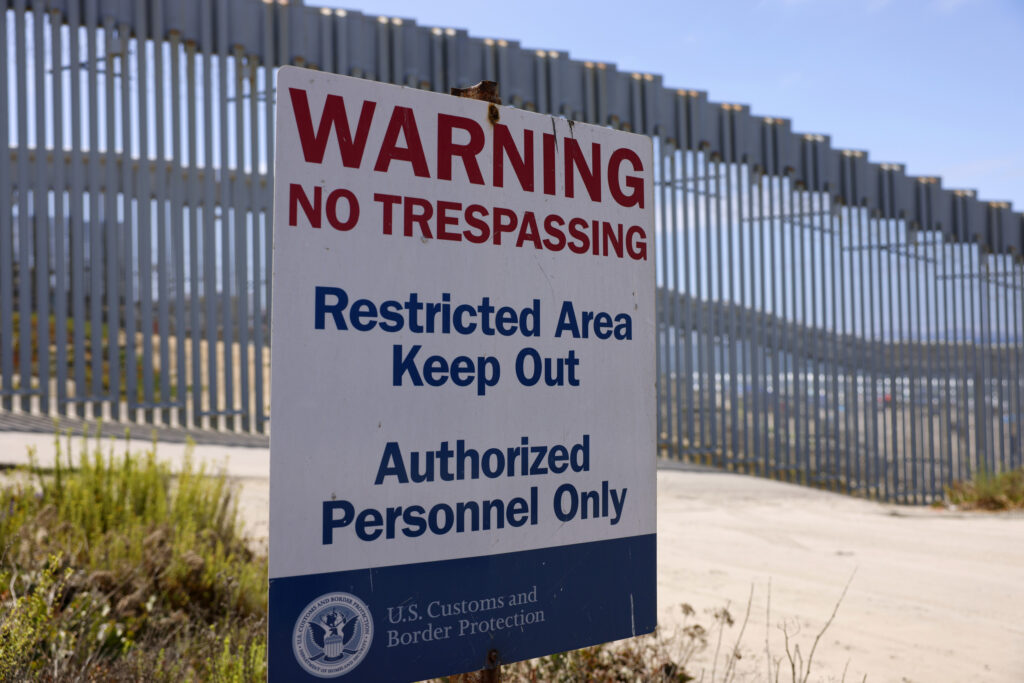On Tuesday the U.S. Citizenship and Immigration Services (USCIS) issued a major update on assessment of immigrant benefit applications, including those for Green Cards, which will now encompass “anti-Americanism” expressed on social media.
Newsweek contacted the USCIS, part of the Department of Homeland Security, for comment on Thursday via email outside of regular office hours.
Why It Matters
Since coming to power, the Trump administration has tightened restrictions on travel to the United States, including requiring prospective international students to provide details about their social media accounts which will be checked for “any indication of hostility” toward American “citizens, culture, government, institutions or founding principles.”
As of April 14, data from Inside Higher Ed showed more than1,000 international students had their visas revoked due to alleged involvement in political activism, including relating to the ongoing war in Gaza. The Trump administration accused some of these students of holding antisemitic or “pro-terrorist” views, which they have widely denied.
What To Know
The USCIS updated its Policy Manual on Tuesday, with immediate effect, instructing its employees to take account of any “anti-American activity” when deciding whether to approve immigration applications including for permanent resident cards, commonly known as green cards.
According to a press release any “anti-American activity will be an overwhelmingly negative factor in any discretionary analysis” of applications. It is unclear exactly what would constitute “anti-American activity,” though CBS News reports it will be based around an existing immigration law blocking citizenship from advocates of communism, totalitarianism or the overthrow of the American government.
The updated USCIS Policy Manual says its officers should factor in “whether the alien has endorsed, promoted, supported, or otherwise espoused anti-American views or the views of a terrorist organization or group” when making decisions on benefits such as green cards. This process has been expanded to include vetting of social media accounts.
The policy change impacts those immigration benefits classed as discretionary, which includes work permits and student visas as well as green cards. When considering discretionary immigration benefits the USCIS already had compliance with immigration law as a factor, and this will continue.
Earlier this month the USCIS said it would expand vetting for migrants seeking American citizenship to focus on assuring they have a “good moral character.” Previously this had largely been dependent on the absence of criminal offenses or immigration law violations, but this will now include the applicants “adherence to societal norms” and “positive contributions” to wider society.
What People Are Saying
USCIS spokesman Matthew Tragesser said: “America’s benefits should not be given to those who despise the country and promote anti-American ideologies. U.S. Citizenship and Immigration Services is committed to implementing policies and procedures that root out anti-Americanism and supporting the enforcement of rigorous screening and vetting measures to the fullest extent possible.
“Immigration benefits—including to live and work in the United States—remain a privilege, not a right.”
What Happens Next?
The changes outlined by the USCIS went into effect immediately and apply to “requests pending or filed on or after the publication date.”
Read the full article here
